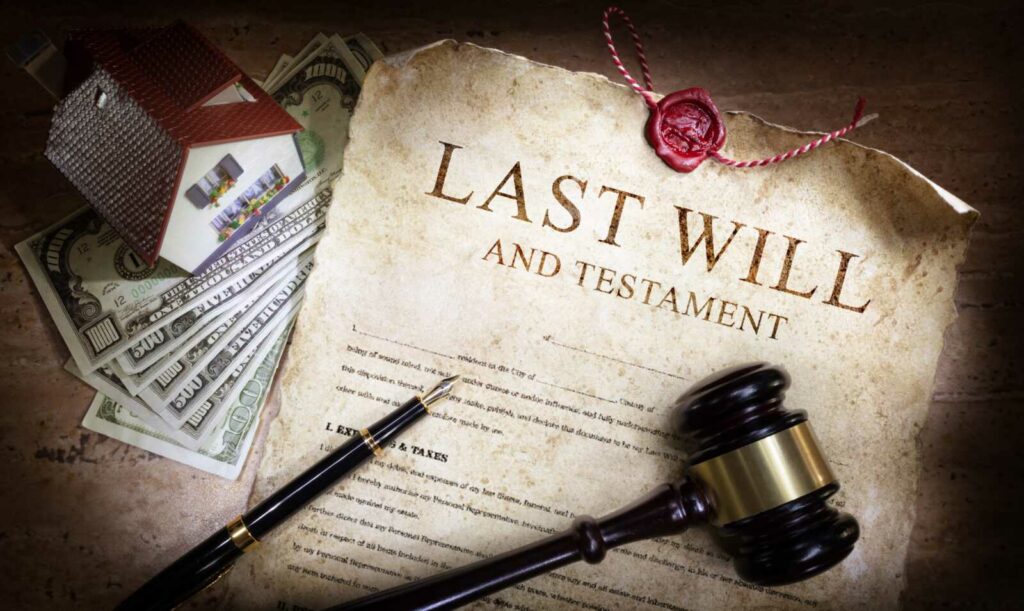What do you saying yes to when you agree to be an executor? For me, the adage that “No good deed goes unpunished” comes to mind.
It would help if you understood some of the duties it entails before saying yes.
Ordinarily, at a minimum, you will be cleaning out the house, listing it for sale and selling it, emptying the contents, and filling at least two tax returns. Agreeing to serve as an executor entails wrapping up a lifetime financially which requires attention, effort, and honesty.
An executor is a person named to distribute a deceased person’s property that passes under their last will and arranges to pay debts and expenses.
WMUR’s article entitled “Settling an estate” explains that if the executor isn’t willing or able to perform the role, there are usually one or more alternative persons named as executors in the will. If there isn’t, then a judge will name an executor for the estate.
Depending on the size and complexity of the estate, settling the affairs may be a time-consuming and challenging task. In some cases, the deceased may have left a letter of instruction or letter of last instruction to help make the process run more smoothly. This letter may set out a list of documents and their locations, contact info for attorneys and accountants, a list of creditors, login information for essential websites, and final burial wishes.
One of these documents is usually a last will. The executor will need to find the original will. We file wills with the County Register of Wills. When the time comes, you will want to talk to an estate planning attorney to determine what type of probating is necessary. Probate is the process of getting a court to approve the validity of the last will. The executor will take inventory of the assets of the deceased. The probate court may require this. Some assets may also need to be appraised. Once the probate process is finished, assets they may be sold or gifted according to the decedent’s wishes.
An executor must also protect these assets. This could include changing the locks on properties. The executor may also be required to pay mortgages, utility bills, and maintenance costs on the property. Final expenses also need to be paid. The funeral home or coroner will provide death certificates that will be needed for things, such as filing life insurance claims. Other debts and taxes will require payment. Medical bills, credit card debt, and taxes should be paid out of the estate.
If the deceased was collecting benefits, such as Social Security, this will need to be stopped. The executor is responsible for filing a final federal and state tax return for the deceased. An estate and gift tax return may also be necessary.
An executor has many duties. He or she must be honest, impartial, and financially responsible. Estate assets need to be managed properly, and the executor has what is called a “fiduciary duty.”
All of this can be made easier with the help of an experienced estate planning attorney.
Reference: WMUR (Aug. 12, 2021) “Settling an estate”


